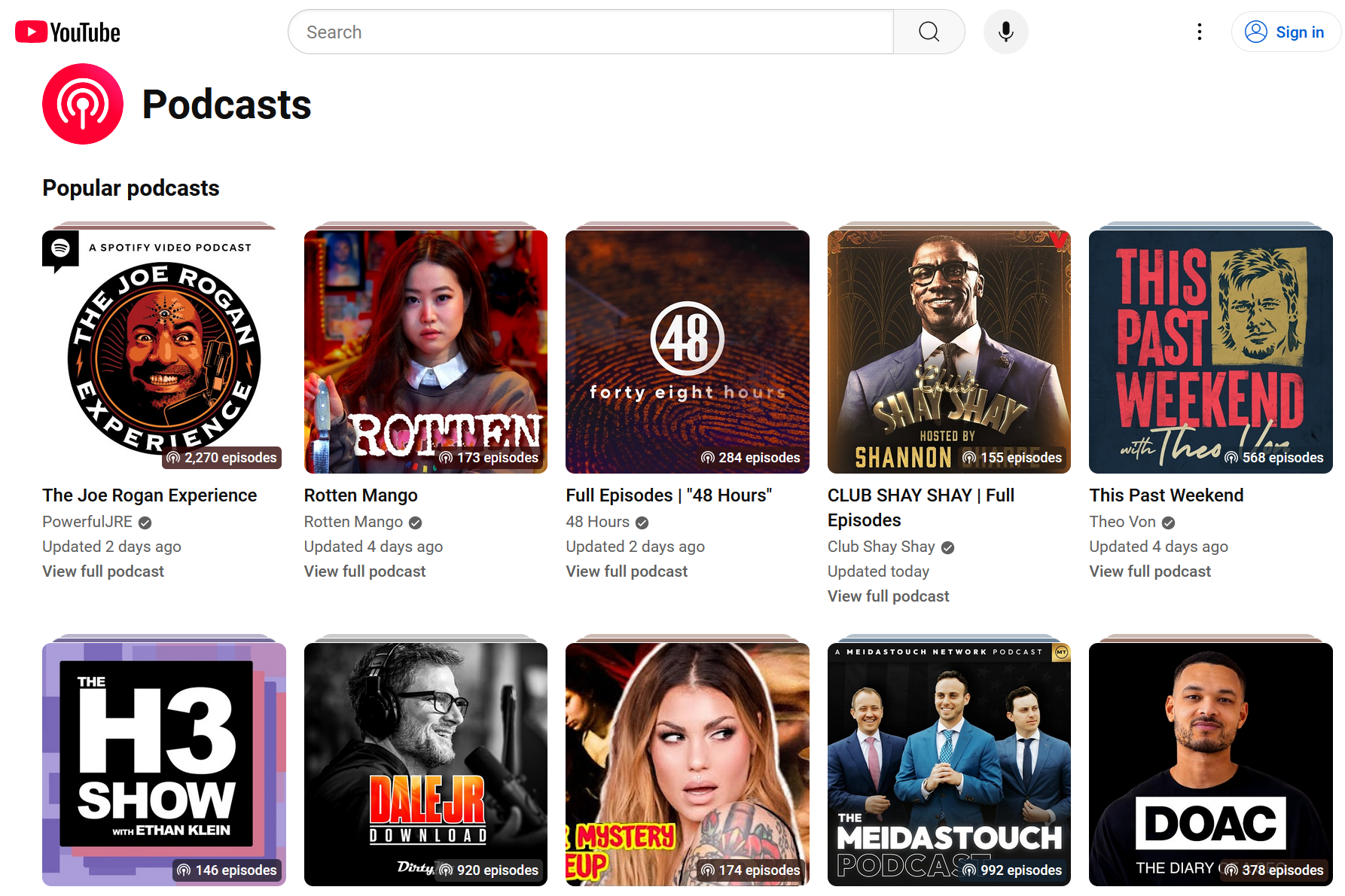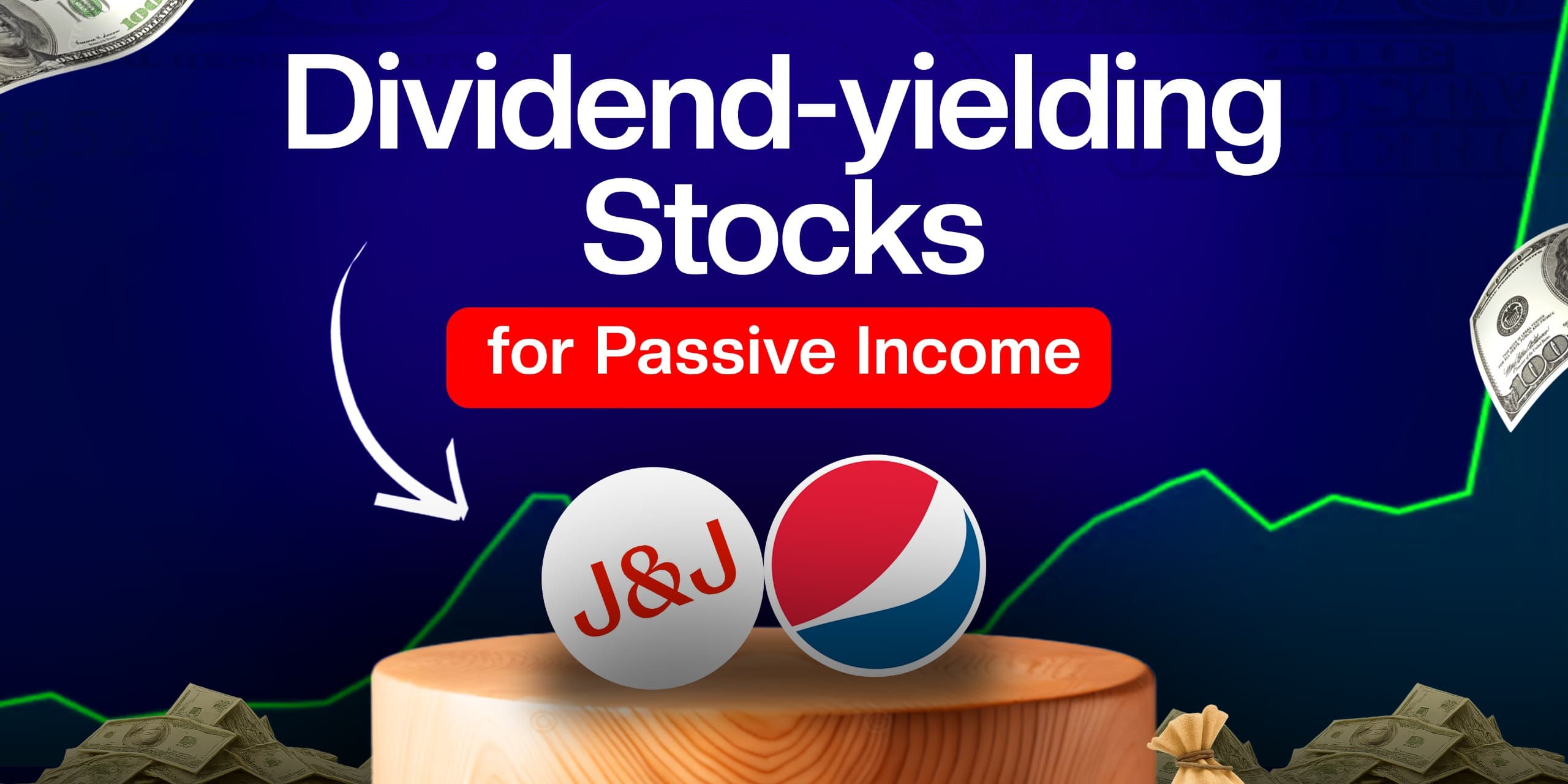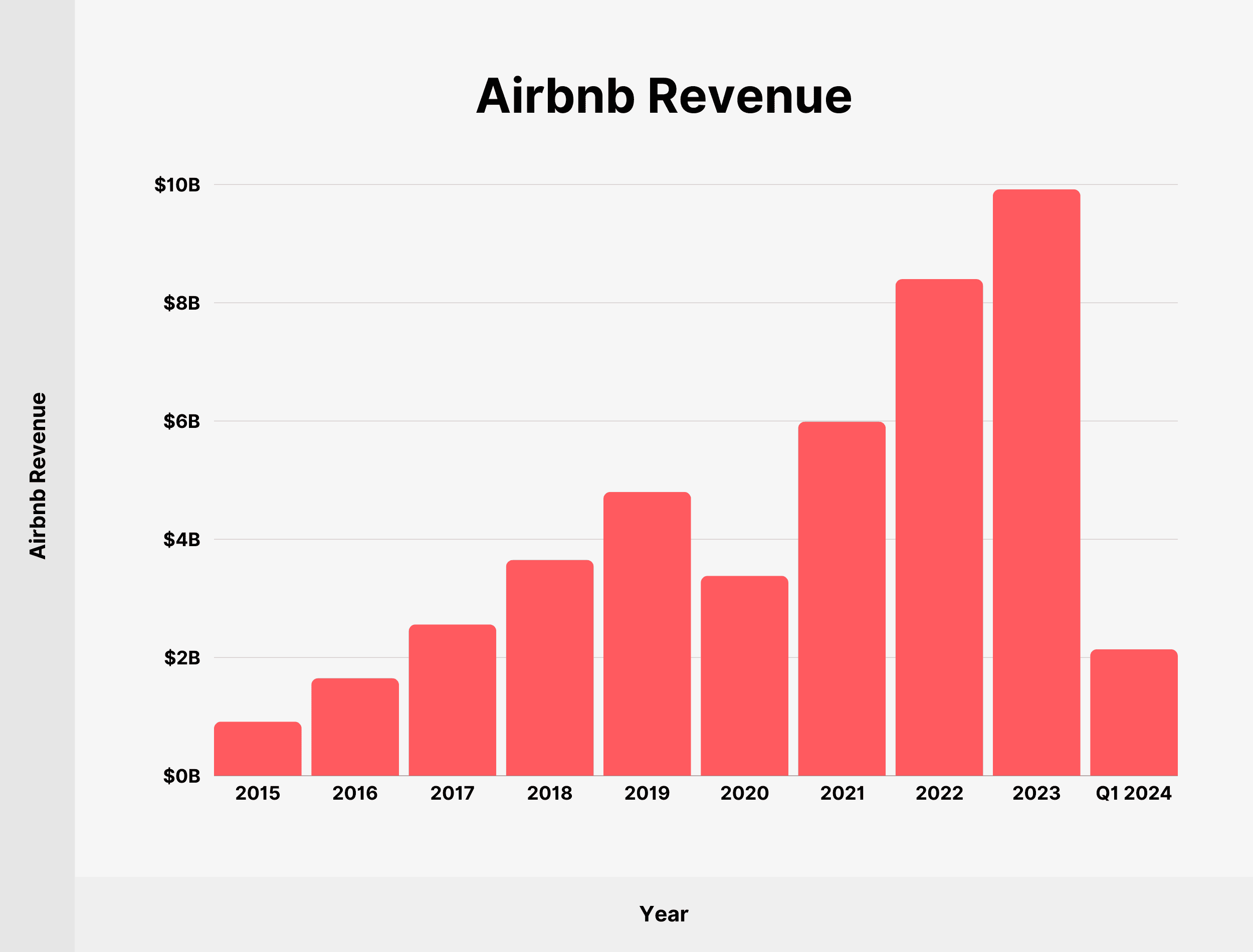Political events have long been recognized as a key driver of financial markets. Investors and analysts alike monitor government decisions, elections, international treaties, and policy changes to anticipate shifts in stock prices. In the United States, where the economy is heavily influenced by federal and state policies, political developments can turn companies into market movers almost overnight. Understanding how political events impact corporate performance is essential for both retail and institutional investors seeking to manage risk and seize opportunities.
Understanding the Connection Between Politics and Markets
Political events influence markets primarily through policy and regulation. When a government introduces new laws, reforms, or incentives, certain industries are directly affected. For example, changes in taxation, trade policies, environmental regulations, or healthcare rules can significantly impact company revenues, profit margins, and investor sentiment.
A classic example in U.S. markets is the impact of corporate tax reform. When the Tax Cuts and Jobs Act was passed in 2017, many U.S. companies saw a direct increase in profitability, which led to substantial stock price appreciation. Conversely, political uncertainty can dampen investor confidence and lead to market volatility.
Elections: A Catalyst for Market Movements
U.S. presidential and congressional elections are among the most closely watched political events in financial markets. Investors attempt to predict which policies will prevail based on the outcome of the election. For instance, a candidate advocating for stricter environmental regulations could trigger sell-offs in fossil fuel companies, while boosting renewable energy stocks.
Similarly, a pro-business administration promising tax cuts or deregulation can lift financial, industrial, and tech stocks. Historical data shows that markets often experience heightened volatility during election seasons, as investors adjust portfolios in anticipation of policy shifts.
Trade Policies and International Relations
Global trade policies and diplomatic relations have a pronounced impact on multinational corporations. Tariffs, sanctions, and trade agreements can instantly change the competitive landscape for companies reliant on imports or exports.
For example, during the U.S.-China trade tensions in 2018-2019, several companies in the tech and agricultural sectors experienced significant price swings. Agricultural exporters faced declining revenues due to retaliatory tariffs, while domestic manufacturing companies benefiting from import restrictions saw short-term gains. These dynamics illustrate how political events can create winners and losers within the same market.
Regulation and Corporate Performance
Regulatory decisions are another major channel through which politics influence markets. Government agencies, guided by political priorities, can introduce rules affecting industries ranging from healthcare to energy to finance.
Take the healthcare sector, for example. Legislative debates around the Affordable Care Act (ACA) and drug pricing reforms caused substantial stock price movements among insurers, pharmaceutical companies, and hospital chains. Investors respond quickly to perceived risks or opportunities created by such regulations, highlighting how political developments can convert companies into market movers.
Policy Announcements and Market Sentiment
Beyond major events, day-to-day policy announcements can also impact investor behavior. Central bank decisions, budget proposals, and government spending plans influence expectations about economic growth, interest rates, and corporate earnings.
For instance, when the U.S. government announces infrastructure spending, construction and materials companies often see immediate gains. Similarly, announcements regarding defense contracts or green energy initiatives can boost stocks in those sectors. Political events shape market sentiment, and sentiment often drives short-term price movements more than fundamentals.

Case Study: Renewable Energy Boom
The U.S. commitment to clean energy under certain administrations illustrates how political decisions can turn companies into market movers. When federal incentives and subsidies for renewable energy projects were introduced, solar and wind energy companies experienced rapid stock appreciation. Investors anticipated long-term revenue growth driven by government support, and the sector became a focus for both retail and institutional portfolios.
Investor Strategies in Politically Volatile Times
Investors use various strategies to navigate political volatility. Some adopt a sector-focused approach, investing in industries likely to benefit from policy changes. Others use options and derivatives to hedge against potential political risks.
Diversification also plays a critical role. By spreading investments across multiple sectors and regions, investors reduce exposure to political events that disproportionately affect specific industries. Furthermore, staying informed through news, expert analysis, and regulatory filings enables proactive decision-making rather than reactive trading.
The Role of Market Analysts
Financial analysts closely monitor political developments to provide actionable insights to investors. Reports often include projections of how elections, legislation, and international agreements might affect specific companies. For instance, an analyst might recommend buying stocks in defense contractors before increased military spending or avoiding banks facing potential regulatory tightening.
Analysts’ interpretations of political events can themselves influence markets. When multiple experts predict the same trend, investor behavior often aligns, amplifying the effect of political events on stock prices.
Long-Term vs. Short-Term Impacts
It’s important to distinguish between short-term market reactions and long-term corporate performance. Political events can trigger immediate volatility, but companies with strong fundamentals often recover from temporary shocks. Conversely, policies that create lasting advantages or disadvantages for a sector can shape long-term market leaders.
For example, companies benefiting from deregulation may see sustained growth, while those burdened by new compliance costs may face long-term headwinds. Savvy investors assess both the immediate and lasting implications of political events before making strategic decisions.
Conclusion
Political events are powerful catalysts that can transform companies into market movers in the U.S. By influencing policy, regulation, trade, and investor sentiment, these events create both risks and opportunities. For investors, understanding the interplay between politics and corporate performance is essential for informed decision-making.
From elections and trade policies to regulatory announcements and policy incentives, political developments shape market dynamics every day. Companies that align with favorable political outcomes can experience rapid growth, while those on the wrong side of policy changes may struggle. In a world where politics and markets are increasingly intertwined, staying informed and strategic is the key to navigating these unpredictable waters successfully.




